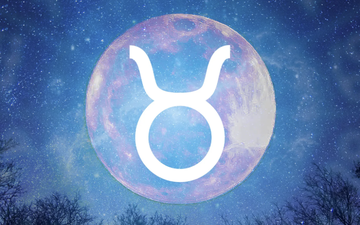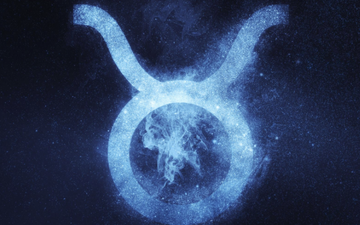
Researchers say that at least 10% of the population is afraid of the number 13. Every year the even more specific fear of Friday the 13th, for which there is a name - paraskevidekatriaphobia, leads to financial losses of over $ 800 million a year, as people avoid marriages, travel, and in more extreme cases, do not even go to work. But what makes the number 13 so unlucky, and how did this numerical superstition begin?
An early myth about the "origin of fear" included the Hammurabi Code, which is considered one of the oldest legal documents in the world. It is said that from this document, its 13th law was removed from the list of legal rules, while a more realistic theory says that it was nothing but a clerical mistake made by one of the earliest translators of the document, who failed to include that line of text.
Mathematicians and scientists, meanwhile, point to the predominance of the number 12, which is often considered a "perfect" number in the ancient world. The ancient Sumerians developed the numerical system based on the 12, which is still used today to measure time: calendars are 12 months, a single day consists of two 12-hours, and so on.
Being so close to the perfect number, the 13th began to be identified as the opposite of it. This fear of the unknown led to two other popular theories about the unlucky number 13 and both revolve around the appearance of a 13th guest at two ancient events: In the Bible, Judas Iscariot, the 13th guest for him arrived at the Last Supper, is the person who betrays Jesus. Meanwhile, the ancient Norwegian Loreja (part of Norwegian mythology) claims that evil and unrest were first introduced to the world by the appearance of the treacherous and devilish god Loki at a dinner in Valhalla. He was the 13th guest, upsetting the balance of the 12 gods already in attendance.
It seems like the phobia of number 13 is a mostly western phenomenon. Some cultures have simply chosen another number as unlucky, for example, the number 4 is avoided in most of Asia. According to the Center for Stress Management and the Phobia Institute in Asheville, North Carolina, USA, more than 80% of buildings do not have a 13th floor, and most hotels, hospitals, and airports avoid using this number for rooms. ap porta. Whereas, in a good part of East and Southeast Asia, where tetrafobia (fear of the number 4) is more common, you will hardly find the use of the number 4, thanks to the similar sounds in the pronunciation of the words "four" and "death". ".
Source: History





